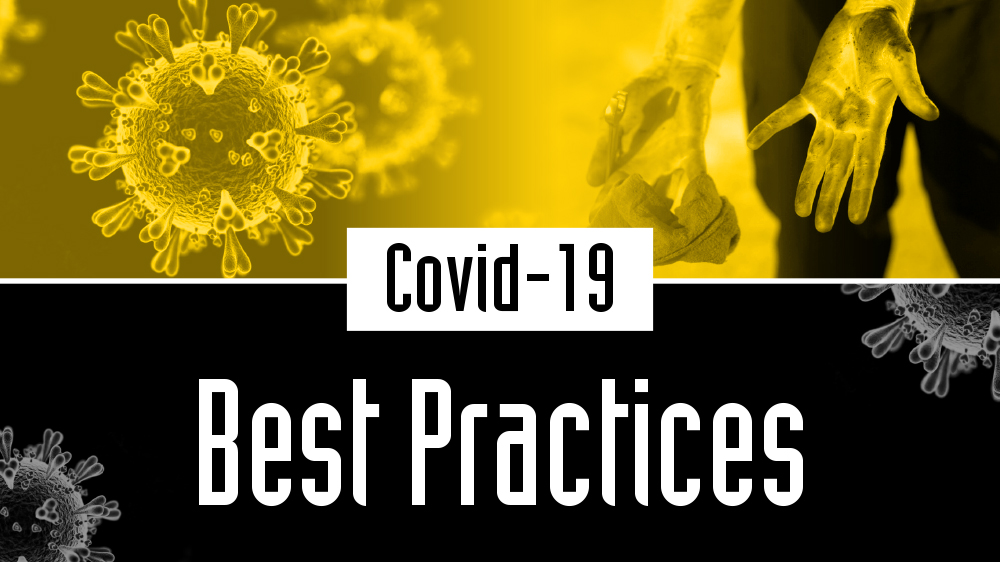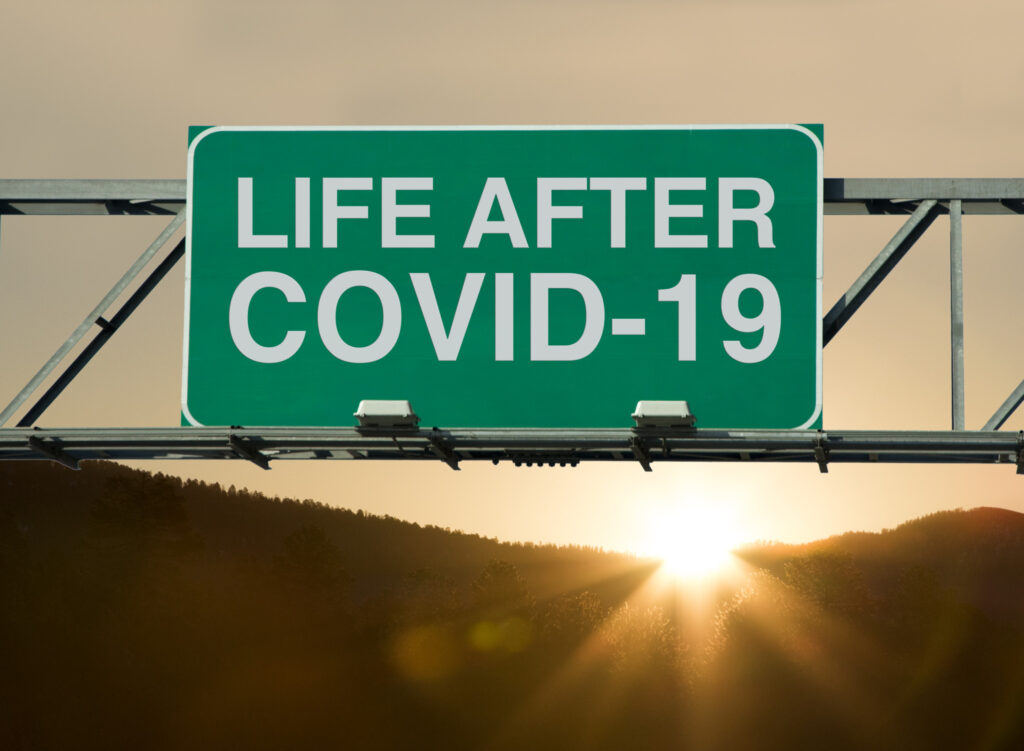Trucking is managing Covid-19 well, but a new threat looms
ALEXANDRIA, Va. – The trucking industry has done better than the broader population at avoiding Covid-19, but there are still frightening health-related concerns on the horizon.
An update on how trucking businesses were coping with the Covid-19 pandemic was given during the Truckload Carriers Association’s Virtual Safety and Security Meeting June 24.
“We have seen a pretty low frequency of positive tests in the trucking industry,” said Kim Beck, vice-president and sales executive with Cottingham & Butler. “I think, for the most part, y’all are doing a really fantastic job getting in front of this and have from day one been very cautious about the risks you’re exposing your drivers and employees to, and because of that, it’s been less of an issue than we thought at first.”

As the virus began its deadly spread, Beck said trucking companies were quick to equip drivers with hand sanitizer, facemasks and other personal protective equipment, as well as training on how to use them. From there, drivers found it easy to self-isolate while on the road, as it was something they were already accustomed to.
In surveying large fleets, Beck said most are seeing about two positive Covid-19 test results for every 1,000 employees, well below the general public average. One large carrier, for example, had just five drivers test positive among its nearly 12,000 employees and associates, but even that is inflated because some of them were team drivers, with both becoming infected. Another large fleet in a “hot spot” state had nine positives among 10,000 workers, Beck related.
“I think what that has shown us is, you guys are being overly cautious and doing all the right things in terms of protecting your drivers,” she said. “Your drivers are naturally every day social distancing in their trucks – self-isolating is part of what they’ve always done.”
Bringing office workers back
As stay-at-home orders are lifted and the economy is reopened, trucking companies are taking some unprecedented steps to keep their workplaces safe. Hirshbach Motor Lines has brought about 50% of its office employees back to the office, and would like to increase that to 75% by the end of June, according to Jessie Burnette, vice-president of human resources.
“We want to make sure they feel protected,” she said, adding the company is distributing ‘Welcome Back kits’ to returning employees. They contain personal hand sanitizer, masks and gloves. Most desks are already six feet apart, Burnette said, but masks are worn in shared spaces such as hallways and meeting rooms.
Visitors are restricted, and those who are allowed access must sign an affidavit assuring they’ll practice safe hygiene while on-site, including wiping down any area they’ve touched and washing their hands frequently. Handshakes have been banned, replaced with elbow bumps or a wave and a nod.

Temperature checks are conducted on staff and visitors throughout the day.
Hirshbach created a Covid-19 wellness team and set up a hotline staffed 24/7 for any concerned drivers or employees. Anyone reporting symptoms was followed up with and no-cost telemedicine care was provided for anyone needing it. Hirshbach has so far only had “a couple” of drivers test positive for Covid-19.
The next step for the company is antibody testing for all staff and drivers, which will indicate who has already recovered from the virus, including those who were asymptomatic.
“So far, we haven’t had any antibody tests come back positive,” Burnette noted.
But a positive antibody test could be a good thing, as there are signs an immunity is developed once an individual has defeated the virus.
“We don’t know the extent of that immunity of having had it and recovered,” said Michael Kelly, vice-president of HealthCheck 360. “There are strong indications a level of immunity has presented itself for those who’ve had it before. In transportation, when we learn someone has antibodies, we can shift them into roles that are higher-risk.”
Beck said drivers who’ve recovered from Covid-19, for example, can be put into training roles where they’re in close proximity to others, or dispatched into Covid “hot spots.”
Some fleets are going well beyond basic measures to protect their workforces. Beck said some are using electrostatic sprayers, UV lights and deionizers to disinfect surfaces, and some are even baking truck cab interiors to 140 F to kill the virus.
There’s good reason to take all possible steps to keeping the workforce safe, added Kelly.
“For busines owners it’s scary. They’re limiting or mitigating future litigation risks,” he said. “Covid-19 created the greatest opportunity for trial attorneys, probably this century. We have to be able to say we are doing all we can to protect our essential employees.”
The next big threat
Cottingham & Butler has been tracking the impact Covid-19 will have on the healthcare plans of U.S. fleets, and surprisingly, there has been a 40% drop in health plan utilization in recent months.
“Nobody is going to the doctor,” Beck reasoned.
What’s worrying is that many drivers aren’t treating chronic conditions, such as high blood pressure, pain, diabetes – even cancer. Prescription fill rates have fallen by 15% for pain-related medications, and 6% related to cancer treatment. Breast cancer screening rates have fallen 94% and fewer drivers are getting their DOT physicals since the FMCSA has temporarily relaxed requirements for CDL renewals.
“What happens 12 months from now, when people are not getting the care needed to manage the chronic conditions they have?” Beck asked. “We have to do everything we can now to mitigate the future risks in front of us for the people who haven’t done the things they should have. We have to try to get everybody back on track. If we don’t, I fear the aftermath will be devastating.”
Have your say
This is a moderated forum. Comments will no longer be published unless they are accompanied by a first and last name and a verifiable email address. (Today's Trucking will not publish or share the email address.) Profane language and content deemed to be libelous, racist, or threatening in nature will not be published under any circumstances.
Lol..my company didnt provide anything, I haven’t wore a mask..lol. geez, keep up the fear porn.
To an extent this is correct. We haven’t been getting proper medical attention and follow up. But it isn’t for lack of trying. Primary care facilities have refused treatment, out of an abundance of caution?!?!?
Then when the offices open back up they don’t allow the primary caregiver to accompany the patient. This leads to a failure of proper care and attention for those that so desperately need the attention of these caregivers.